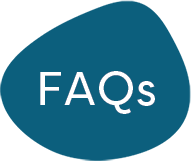Beside you every step of the way
See how our personalized treatment works, guiding you and your family from application to graduation and beyond.
Getting started is simple.
It's typically just a matter of weeks from the time your application is accepted until the start of treatment.
Find out more about who benefits from InStrideYour team
A highly trained InStride care team and an engaged support network sets you up for success.
Follow your personalized care plan.
Every care plan is based on our evidence-based framework and customized to fit your needs, goals, and daily life.
Care grounded in cognitive behavioral therapy (CBT).
After a comprehensive clinical evaluation, we develop your personalized care plan that is grounded in CBT—the gold-standard for treating anxiety and OCD—with a focus on exposure therapy.
Your plan will have three treatment phases. You’ll have frequent interactions with your team each week in the first phase that gradually tapers off in phases two and three as you build confidence, skills, and new habits.
Each plan is also purposely time-bound, which means that instead of being in treatment over the long term, we want you to finish the program and get back to the things you love. And because we practice measurement-based care (MBC), we’re able to adjust and evolve your program based on how you’re responding to care in each phase.
Clinical outcomes that can change lives.
InStride Health clinical results show the measurable difference we make in young people’s lives—and the lives of their families. InStride graduates show significant improvements in anxiety, functioning, and depression as a result of treatment.
of patients reported reduction in anxiety symptoms with significant reductions observed as early as two months.1
of patients reported they would recommend InStride Health to a friend2
of caregivers reported a reduction in their own strain3
of caregivers reported a reduction in absenteeism from work or neglecting other duties4
1Assessed among patients age >=13 with baseline GAD-7 score >=10 and complete data at graduation; at 2 months 77% of assessed graduates had a reduced score (p<.0001 for within-person change).
2Measured by Satisfaction with Services Scale assessed among patients age >=13 with complete data at graduation.
3,4Measured by Caregiver Strain Questionnaire-Short Form 7 assessed among caregivers of patients with complete data at graduation; change in absenteeism measured among caregivers who reported missing quite a bit or very much work at baseline.
The individual depicted is not a real patient. Any resemblance to actual persons is purely coincidental. The example incorporates symptoms commonly reported at InStride Health but is not reflective of any specific patient.
The example activities are illustrative of the treatment at InStride Health but are not comprehensive.
Is InStride a fit for you?
Identifying Anxiety and OCD
The signs and symptoms can vary by individual. You may be experiencing:
- School avoidance
- Generalized anxiety and worry
- Panic attacks
- Fears (of crowded places, vomiting, etc.)
Age
You must be 7-22 years old
Location of care
You must receive care in one of the states in which we operate:
- Connecticut
- Maine
- Massachusetts
- New Hampshire
- New Jersey
- New York
- Ohio
- Pennsylvania
- Rhode Island
- Virginia
If you don’t see your state listed here, you can sign up to be notified once we expand into that state.
Insurance coverage
We accept most insurance in the states in which we operate but cannot accept Medicaid.
Check your insuranceGet started today.
In less than 10 minutes, take your first steps with InStride Health.

Have more questions?
Find the answers to specific FAQs here.
To contact our team directly, please email us at info@instride.health or call 855.438.8331
Talk to Us
Have a question about InStride Health? We're here to help.
For Families and General Inquiry:
Phone: 855.438.8331
Email: info@instride.health
For Providers:
Phone: 855.438.8331
Email: providersupport@instride.health





